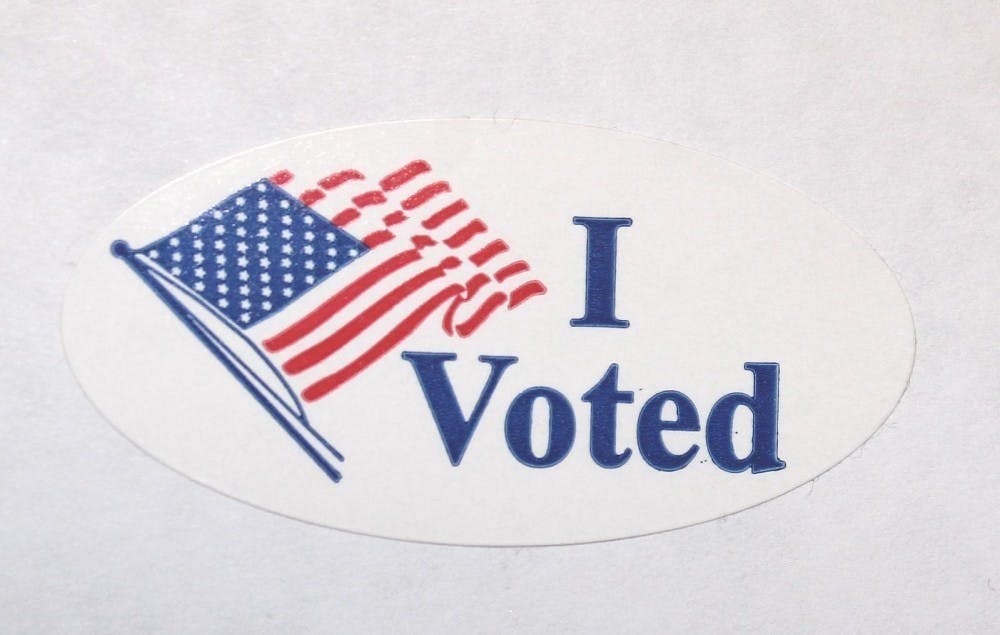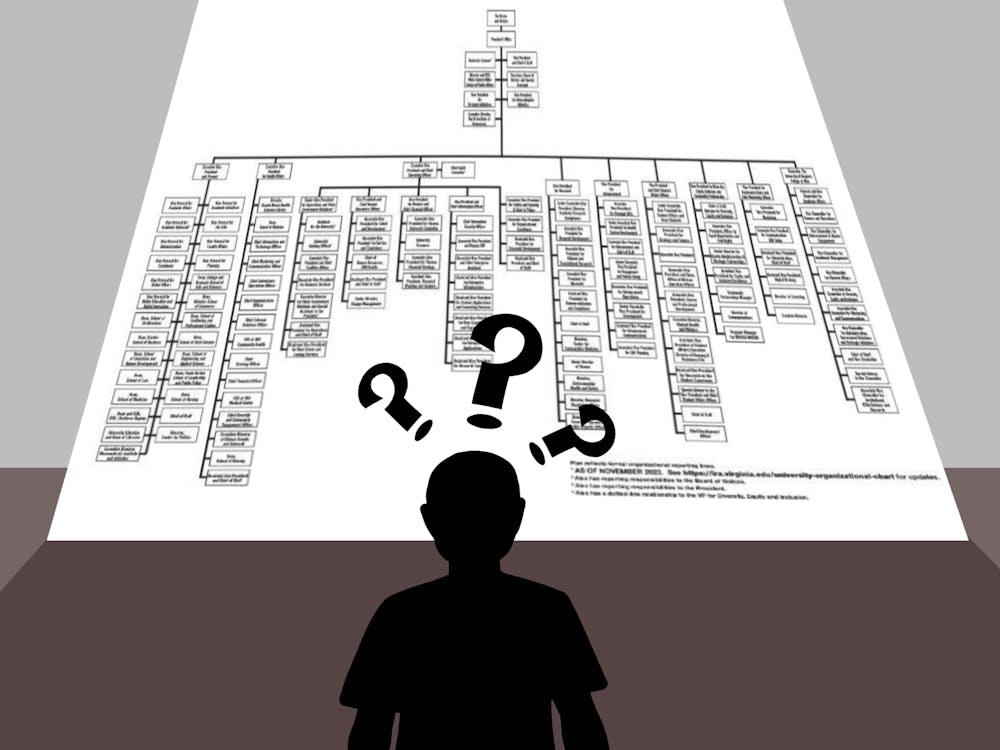Students across the political spectrum have lobbied the University administration for years to cancel classes on Election Day. Most recently, for the 2018 midterm elections, Student Council unanimously passed a resolution to urge faculty to not hold exams on Election Day. The organization also partnered with the University Democrats and College Republicans to circulate a pledge asking faculty to individually commit to this goal. This election cycle, Virginia has instituted a number of democratic reforms to make voting easier, including designating Election Day as a state holiday. Yet, the University has not cancelled classes or instituted a no-exam policy.
University Spokesperson Brian Coy has maintained that while the University encourages students to vote in elections, the decision on whether to hold exams or cancel class “rests with individual faculty members.” Our contemporary and volatile political environment — with the incumbent president refusing to commit to honor election results — merits a stronger stance than this. When our democracy is under direct attack from those in its upper echelons, the University maintaining this sentiment is simply unacceptable and nothing short of antithetical to our democratic mission. The University, by refusing to cancel classes and exams on Election Day, is continuing to suppress students’ most fundamental right of voting.
Holding classes and exams on Election Day may not seem like voter suppression in the same way that closing polling locations or adding registration requirements does. Allowing individual faculty members to make the call for themselves, however, opens the door to the electoral weaponization of their statuses as educators. A bad-apple professor with extensive donor ties to the Virginia GOP — which has been shown to benefit from low student turnout — could intentionally schedule an exam to make it more difficult for students to get to the polls. While I sincerely would hope no professor would ever dare stoop to such an anti-democratic philosophy, the simple risk is more than enough to warrant a policy change.
The current policy is nearly the same as if the University allowed individual professors to add or subtract protected groups to individualized non-discrimination statements. Policies of electoral engagement, just like non-discrimination policies, must be blanket and uncontestable.
To make matters worse, the University’s behemoth propaganda machine — also known as UVAToday — has grown an affinity for exploiting the voter registration labor of students for good publicity. Simultaneously, however, UVAToday glosses over the fact that those same newly registered voters will oftentimes be prevented from voting as a result of the University’s policy. The University cannot both honor the efforts of students to register their peers to vote while also upholding anti-democratic policies that make voting more difficult.
Some have claimed that the University must hold classes on Election Day to meet its accreditation standards for metaphorical days in the classroom — more important now than ever when the semester is already shortened as a result of the ongoing pandemic. However, the most recent iteration of the accrediting standards of the Southern Association of Colleges and Schools Commission on Colleges — from which the University receives its accreditation — gives no mention to a specific number of days in the classroom, only to semesterly credit hours and degree requirements. At least based on what is publicly available, there is no indication that cancelling class on Election Day would put the University at risk of losing its accreditation.
It is alarmingly hypocritical for the University to proclaim its “overriding purpose” to be service to our democracy while maintaining policies that perpetuate voter suppression. It is antithetical to the University’s mission for it to invest in and maintain world-class democratic academic departments, electoral think tanks and political engagement groups while making it more difficult for students to vote. The University, if it wants to hold true to its “overriding purpose” of service to our democracy, must stamp out anti-democratic sentiments and must overtly protect and expand the most fundamental right of its students as democratic citizens.
If you — the reader — are wondering how you can help the effort to end the University’s voter suppression, I encourage you to contact Dean of Students Allen Groves and Provost Liz Magill, and support or volunteer for nonpartisan groups, like HoosVoting, that assist students in getting to the polls on Election Day. Democracy is only sustained when all of us consciously engage to preserve it. Student voter suppression can only end through collective action.
Noah Strike is an Opinion Columnist for The Cavalier Daily. He can be reached at opinion@cavalierdaily.com.
The opinions expressed in this column are not necessarily those of The Cavalier Daily. Columns represent the views of the authors alone.





